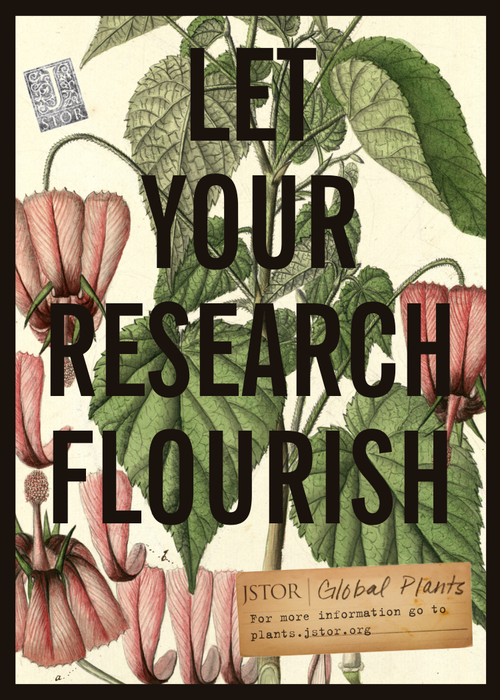The RSL has a huge collection of physical and electronic materials. We have so much that we wanted to shine a spotlight on some of our items, whether recently added or an existing collection item. The resources are recommended by our knowledgeable subject librarians, who are excited to show off parts of the collection for their subject.
This month’s selector is:
Subject Librarian – Physical and Applied Sciences
Subject Librarian for Computer Science, Earth Sciences, Materials and Statistics
Rachel has selected the database GeoRef, available on SOLO
Brief description
From the American Geological Institute (AGI), GeoRef is the most comprehensive geoscience database available. It provides access to a wide range of geoscience literature from around the world in the form of articles, books, maps, conference papers and more.
The GeoRef database covers the geology of North America from 1666 to the present and the geology of the rest of the world from 1933 to the present. The database includes references to all publications of the US Geological Survey.
Search functions
Along with the Basic Search function there is also an Advanced Search, though we recommend using the Multi-Field Search for ease of use. All these searches accept Boolean operators and allow you to conduct detailed keyword searches. GeoRef also has an excellent thesaurus function with more than 40,000 controlled vocabulary terms and the complete GeoRef indexing structure. If you find a Subject Heading in your results that you find useful you can click on that term and see all related results.
Who is this useful for?
This database is useful for students and researchers working in Earth Sciences, particularly geology, geophysics, geochemistry and seismology. It may also be of use to geographers or economists interested in petrology and mineralogy.
How can I access it?
The GeoRef database is available through SOLO. To access it off campus use the VPN or sign in to the journal platform with your Single Sign On (SSO).



















